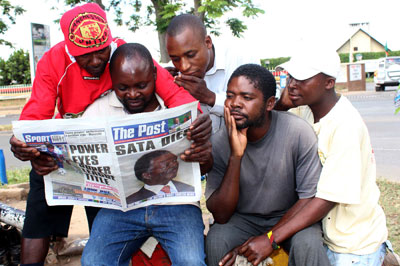
Mission Journal: In Zambia, Sata never fulfilled promise of greater transparency
“We’ll see for ourselves on Friday,” was a refrain on the lips of most journalists I met in Lusaka in mid-September, as they speculated on the health of President Michael Sata ahead of their country’s opening of parliament, where the leader was due to speak.
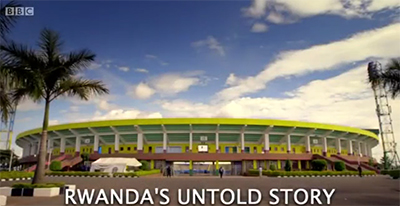
BBC’s Rwanda documentary leads to illogical, illegal suspension
When the BBC released in early October its televised documentary “Rwanda’s Untold Story,” which questioned official accounts of the 1994 genocide, a massive outcry inside and outside Rwanda’s borders ensued. Locals and foreigners alike protested the documentary’s findings, parliamentarians demanded a ban and legal action, and authorities summarily suspended BBC’s vernacular Kinyarwanda news service, the…
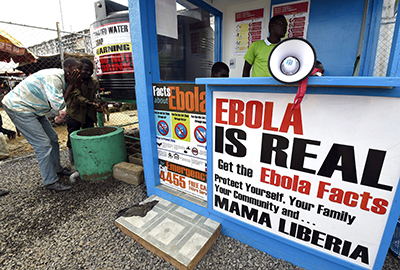
In Ebola-stricken countries, authorities and journalists should work together
The Ebola crisis in West Africa is unrelenting, and journalists on the frontline of reporting on the virus are caught between authorities wanting to control how the outbreak is reported, and falling victim to the disease themselves.

Burundi’s journalist union takes repressive press law to court
If the state decides that a journalist’s article in Burundi jeopardizes someone’s “moral integrity” under the country’s Media Law it can demand that the journalist reveals sources, and it can suspend the publication. “It’s a backwards, freedom-killing law,” said Alexandre Niyungeko, the founder and head of the 300-member Burundi Union of Journalists. Despite the press…
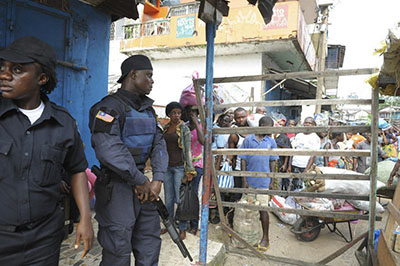
In attempts to contain Ebola, Liberia censors its press
With the Ebola epidemic predicted to get worse, the Liberian government has taken action to silence news outlets critical of its handling of the health crisis which, according to Liberia’s Information Ministry, has claimed more than 1,000 lives in the country since March. Publishers have been harassed and forced to cease printing, and journalists were…
Back-to-back display killings of journalists unprecedented
The apparent back-to-back murders of two American freelance journalists by the same group are unprecedented in CPJ’s history. The beheadings on camera in a two-week period of first James Foley and then Steven Sotloff appear to be an acceleration of a pattern–dating at least to Daniel Pearl’s killing in 2002–of criminal and insurgent groups displaying…
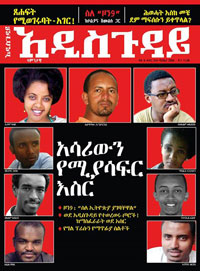
New charges against Ethiopian publications further diminish critical voices
Five independent magazines and a weekly newspaper have been charged by Ethiopia’s Justice Ministry, a move that may add to the long lists of shuttered publications and Ethiopian journalists in exile. In a press release issued August 4, the ministry accused the journals of publishing false information, inciting violence, and undermining public confidence in the…
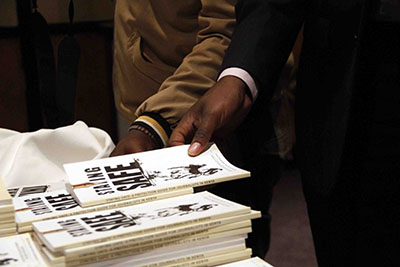
Kenyan journalists, CPJ launch new initiative to improve security
Today, the Committee to Protect Journalists in collaboration with local media organizations launched a journalist security guide and protocol designed specifically for the Kenyan press. The initiative stems from research conducted in 2013 by the same group of organizations, the Kenya Media Working Group, in light of acute and unique security challenges for the Kenyan…
As elections approach, fear of more attacks on Congolese press
Map by Rachael Levy. Sources: Congolese organizations, news reports, and CPJ research. Not all data has been independently verified by CPJ. Tensions are rising in the Democratic Republic of the Congo after a government official announced recently he would support a change in the constitution to allow President Joseph Kabila, who has been in power…
